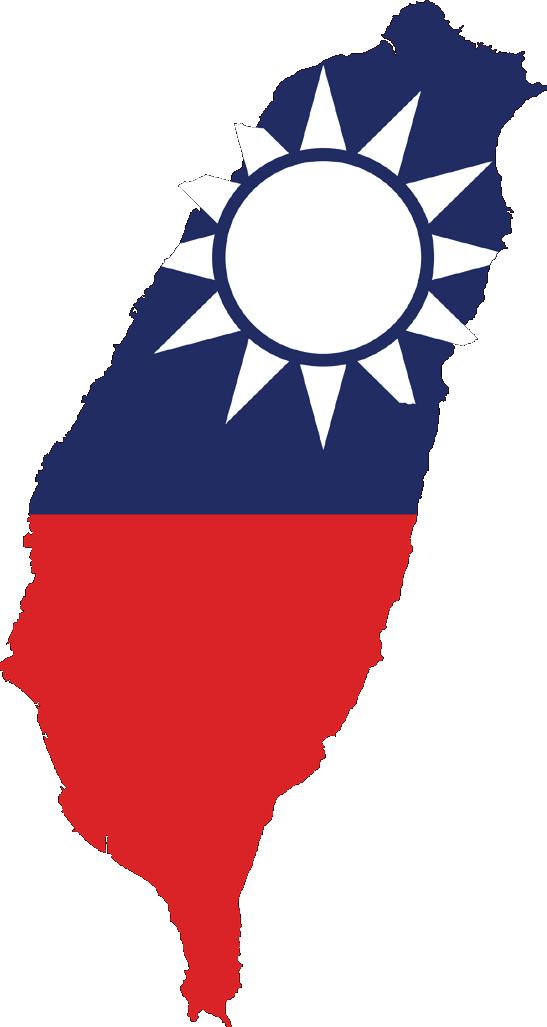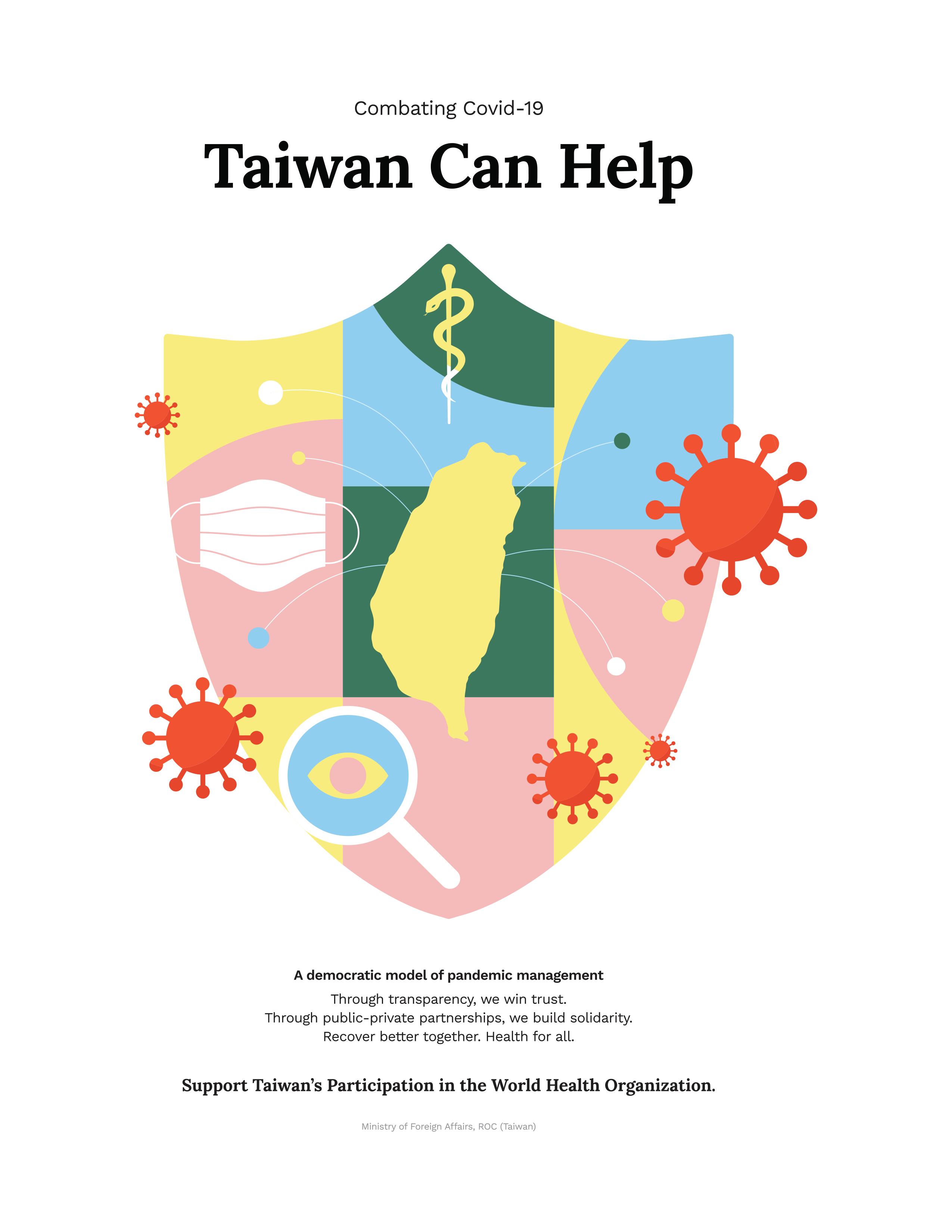
14 minute read
FEATURE: Asian Student
KYU RAMEN
By Annie Guo VanDan Photos by Lijin Zhao
Advertisement
600 E Colfax Ave, Denver, CO 80203 Tel: 303-353-8497 kyuramendenver.com Instagram: @kyudenver
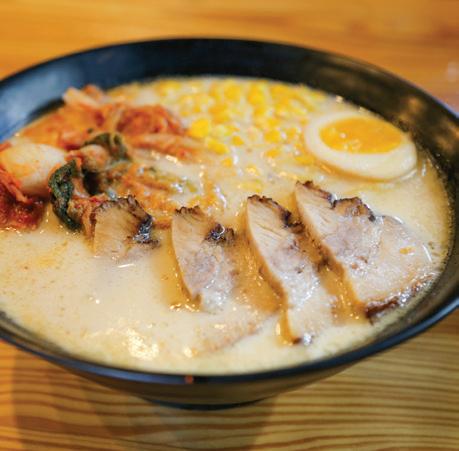
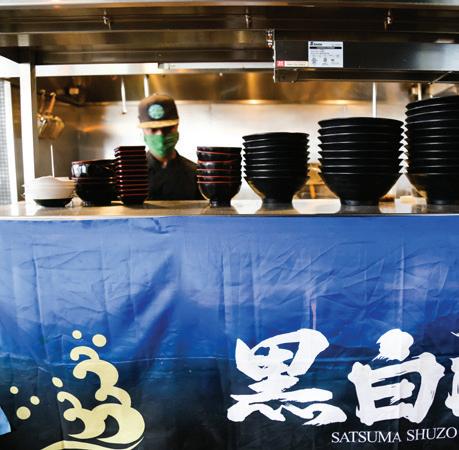
Open Hours: 9AM to 9PM Daily Dine-in and Take-out
exciting changes are coming for Kyu Ramen, the ramen shop located in Denver’s Capitol hill off the bustling intersection of Colfax Avenue and Pearl Street.
Starting this month (november 2020), the restaurant’s menu will focus on DIY (do-it-yourself) ramen bowls and authentic Japanese dishes, a shift from their current Asian fusion concept.
Co-owner Chris nielsen says the shift is to meet the needs of their customers.
“Customers come in and want to make various changes to the menu items. If every bowl or plate has little changes, why not have an open choice where you can create everything on your own? This gives customers more options including bowls that are vegan and vegetarian friendly.”
“We don’t want people to look at everything on the menu and don’t know what to eat here.”
Recently, co-owner Saki Melius has also been working incorporating vegan products to create another type of ramen broth. Their broth recipes were inherited from the previous restaurant at this location, when they took over operations in September 2019, and renamed the restaurant Kyu Ramen. Kyu, pronounced like the letter “Q” means the number nine in Japanese. Since then, they have continued to adjust the recipes to create their own unique tastes and improve the quality of the ingredients used.
When the restaurant opened last fall, they would have never imagined a pandemic to strike the city—and country. This has meant having to limit their capacity these past months and use paper utensils instead of their nice kitchenwares.
Their upstairs bar was open for private parties during the warmer months, and they are currently renovating this space to resemble a Japanese nightclub that can host events like engagement parties or wedding receptions.
Melius and nielsen come from different backgrounds. Originally from Japan, Melius lived in Colorado Springs for ten years before moving to Denver in 2013. She has worked in the restaurant industry for more than 17 years. nielsen owns and operates a security company, in which he say the security guards love Kyu Ramen and are regular visitors.
Kyu Ramen is one of the only Denver ramen shops to open at 9am. nielsen says, “even in the morning a hot ramen will warm you up. A lot of people enjoy grabbing a bowl of ramen on their way to work, which gets them ready for work.”
“We may have seasonal menu options, especially as we head into the colder months.”
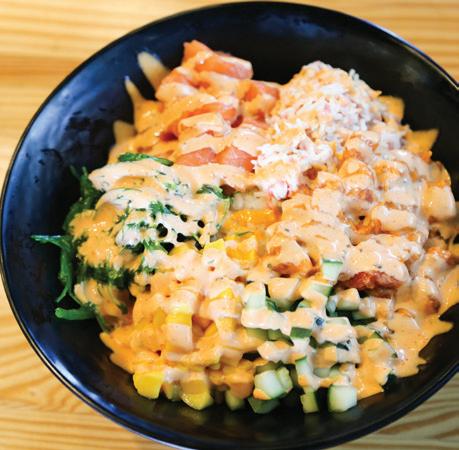
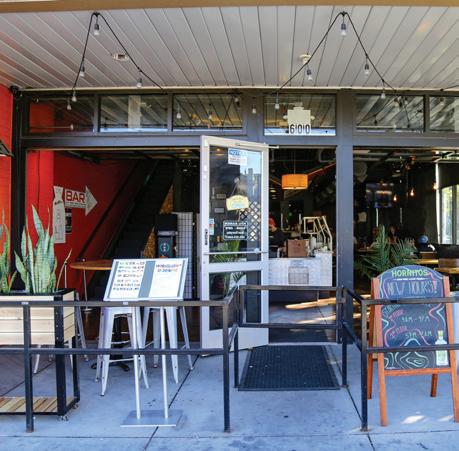
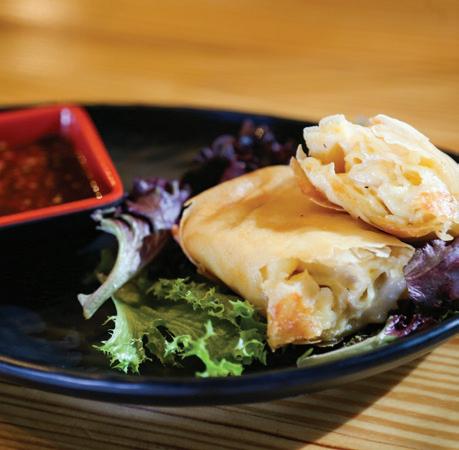
DO-IT-YOURSELF RAMEN $13 - includes one protein (add another protein for $2
STEP 1: Choose your broth
1 - Tonkotsu (creamy pork broth) 2 - Spicy Miso (pork) 3 - udon (soy fish) 4 - Yasai (seaweed - vegetarian)
STEP 2: Choose your noodles
1 - Ramen (egg noodle) 2 - udon (thick wheat noodle) 3 - Rice noodle (gluten free) 4 - Kale noodle (vegetarian)
STEP 3: Choose your protein
Chashu (sliced pork belly) Chicken Spicy Chicken Bulgogi (sweet soy marinated beef) Shrimp Tofu (fried or steamed)
STEP 4: Choose your 3 toppings
egg (1/2), Bean Sprouts, Spinach, Kimchi, Green Onion, Corn, Carrots, Cilantro, Wakame (seaweed), Red Ginger
Time to celebrate Thanksgiving
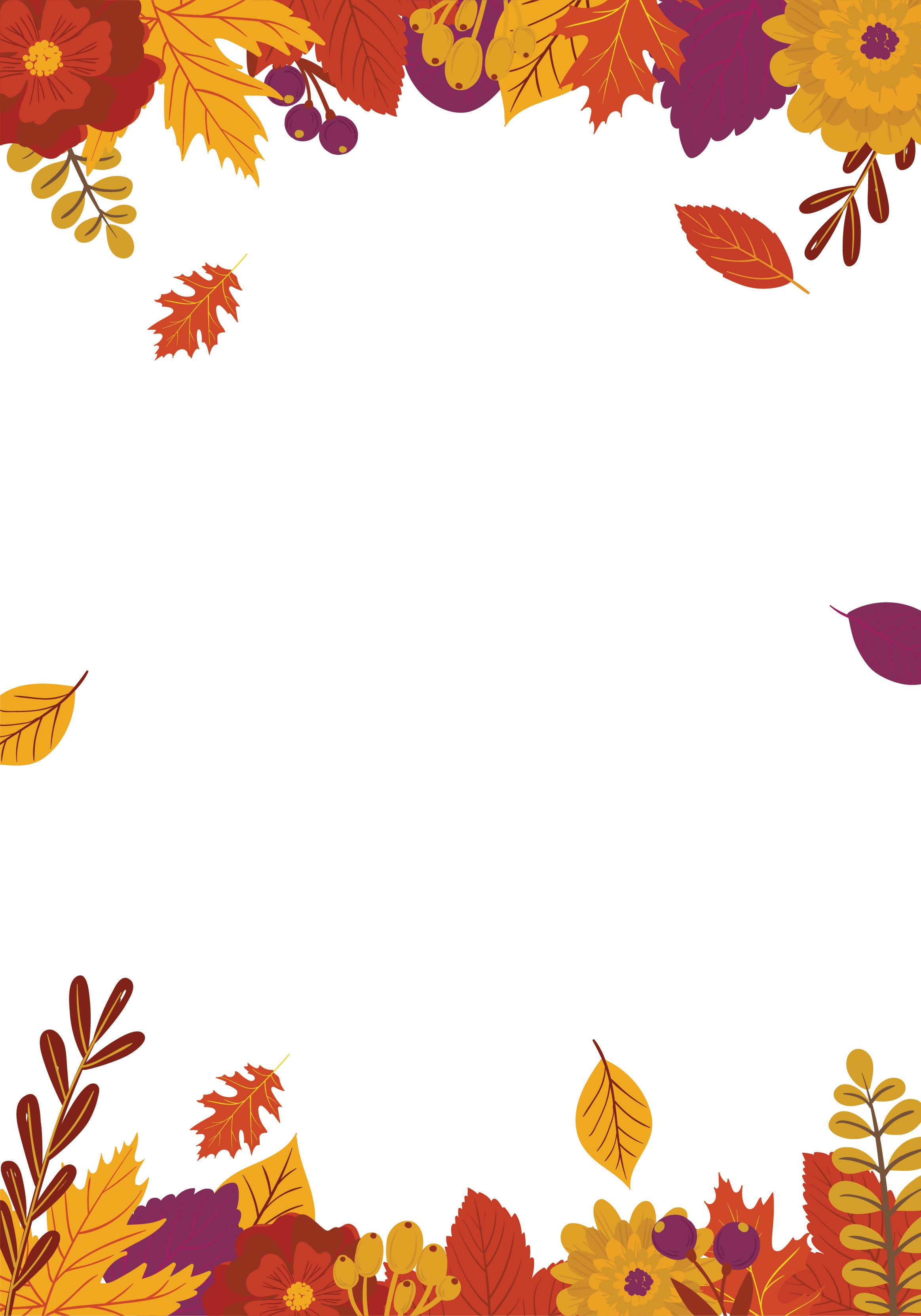
Thanksgiving Day is an American tradition that dates back to 1621, when european colonists held a harvest feast with native Americans/ American Indians. In 1861, Abraham Lincoln proclaimed late november, Thanksgiving. In the 1930s, President Franklin Roosevelt tried to bring the holiday forward by a few days, but in the face of widespread discontent, he finally agreed to make the fourth Thursday in november an official holiday.
Over the years, special traditions and customs associated with the holiday have evolved, from watching an afternoon soccer game to marking the start of the holiday shopping season. The basic components of the holiday — celebrating food, the fall harvest, and giving thanks with family — have been preserved over time.
How countries around the world celebrate their Thanksgiving holiday - a time to be with family and reflect on what we are thankful for
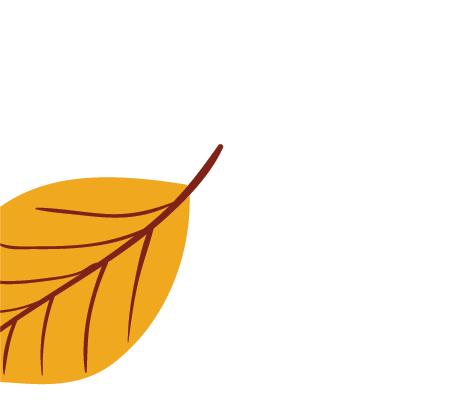
Germany’s Thanksgiving is known as erntedankfest, which translates to “harvest thanksgiving festival.” It is mostly celebrated by rural, religious groups, and is an opportunity for these farmland cultures to give thanks and honor their harvest.
It is celebrated in larger cities too but is more of a church service and not much like America’s Thanksgiving. There also isn’t any officially designated day for the celebration, and festivity dates vary
Israel
For over 30 years, the people of the island nation of Grenada have considered Oct. 25 their Thanksgiving Day – the tradition began in 1983 to commemorate the American and Caribbean intervention in Grenada.
Grenada is known for its coastal towns and sandy beaches. Four years before the first-ever Grenadian Thanksgiving holiday, the country’s democratic government was overthrown in a coup led by an insurgent socialist dictatorship.
President Ronald Reagan became increasingly invested in Grenada during this time particularly because there were across the country. usually, it is recommended to celebrate on the first Sunday in October.
The holiday isn’t just exclusive to Germany — most German-speaking countries also take part in the festivities, like Austria and Switzerland. unlike an American Thanksgiving where we stay at home with close friends and family, German communities take their festivities to the streets and town square for parades,
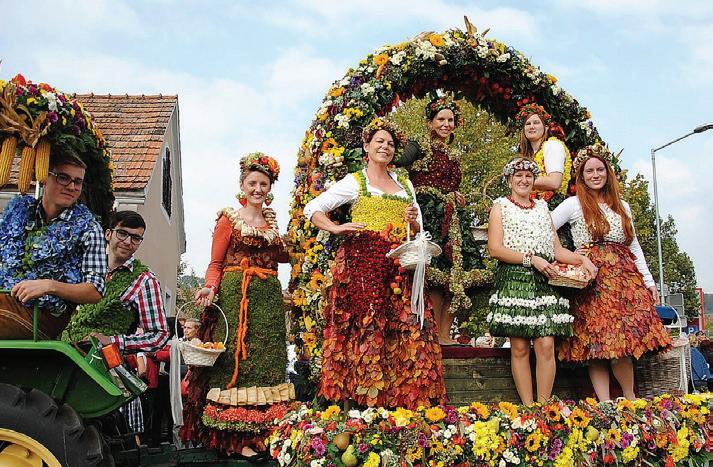
Germany
music, dancing, and, of course, food.
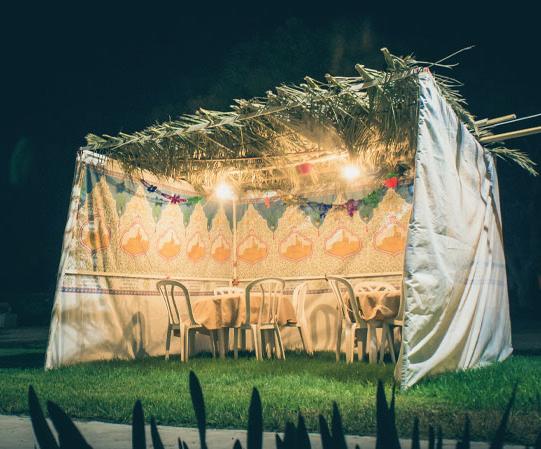
As many countries celebrate some form of a harvest festival honoring the gift of food, Israel has their own as well, and it’s known as Sukkot or the Feast of the Tabernacles. Sukkot celebrates the gathering of the harvest and commemorates the miraculous protection God provided for the children of Israel when they left egypt.
The celebration lasts for seven days and begins on the 15th day of the hebrew month of Tishrei. When the celebration falls on the western calendar ical school at St. George’s university in Grenada and a concern for a hostage situation there. On Oct. 25, Grenada was gional Security System, and Jamaica.
After the invasion and with the American Thanksgiving holiday approaching, customs with the locals. Grenadians, in an effort to show gratitude, invited soldiers to eat with them on Thanksgiving. There they prepared some of the island nation’s standard plates — which are still consumed on the holiday today. varies, but Sukkot typically happens in October.
Special prayers and psalms are read at different points during the seven-day celebration, and everyone is encouraged to spend as much time in their sukkah (a temporary hut) as possible.
Sukkot is perhaps the Thanksgiving holiday that is most heavily influenced by religion, but it is nonetheless a celebration of the same central themes as all of these holidays and festivals: food,
u.S. students and faculty attending medinvaded by forces from the u.S., the Re-
u.S. soldiers shared their traditions and family, and thankfulness.

Grenada
How Asian countries celebrate Thanksgiving?

Many Asian countries celebrate Thanksgiving by way of honoring the harvest in the autumn season. A similar holiday in China would be the Mid-Autumn or the Moon Festival introduced in our last issue. The mid-autumn festival falls on the 15th day of the eighth month in the lunar calendar. The holiday’s roots can be traced back more than 2,500 years, long before europeans ever set foot in the new world. Additionally, rather than Thanksgiving staple pumpkin pie, the favorite Chinese dessert is moon cake, a baked concoction filled with sesame seeds, ground lotus seeds, and duck eggs. Similarly in South Korea, Korea’s Thanksgiving holiday is known as Chuseok, which is celebrated on the same day that the Chinese and Vietnamese harvest festivals are.
Japanese people celebrate their Labor Thanksgiving Day on nov. 23 each year. But all government entities in Japan are closed on this day in celebration of the country’s industrial workers and progress.
The origin of Japan’s Thanksgiving holiday dates back to the seventh century. It was originally known as niinamesai, and the holiday celebrated the welcome of the harvest season. But as Japan progressed and evolved into an industrial
Malaysia
South India’s harvest festival is called Pongal, which is a four-day celebration. toms dedicated to specific gods.
On the first day, families come together to give harvest offerings to Indra, the god of the rain, and the clouds.
On the next day, Surya Pongal, families honor the sun god by making a sugarcane dish called sakkarai pongal.
Mattu Pongal is the third day where country rather than an agrarian one, the celebrations switched from honoring farmers to honoring workers.
Many special events are held across the country in honor of the holiday.
One of the biggest celebrations is the nagano Labour Festival, which celebrates the environment, peace, and human rights. nagano is also the city that hosted the Olympic Winter Games in 1998 and holds a special place in Japan’s
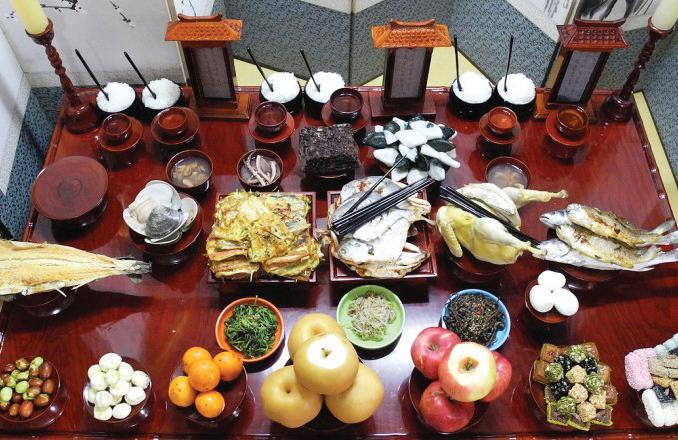
Japan
history.
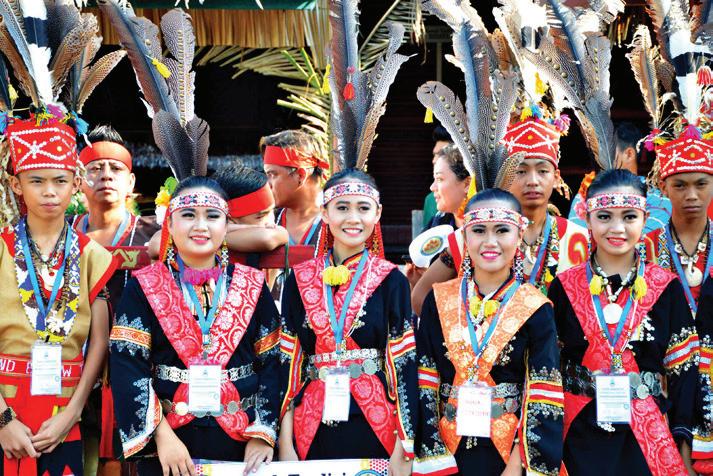
Another country that celebrates Thanksgiving by way of honoring the harvest is Malaysia. They observe the Kaamatan harvest festival, which is celebrated in the state of Sabah in Malaysia.
It’s celebrated by the native ethnic Kadazan-Dusuns people for the month of May and culminates in a two-day public holiday that’s celebrated throughout the country.
Rice is very important in the Kadazandusun communities, and as such rice is shepherds give thanks to their cows by painting them.
The final day, Kanu Pongal, is when families travel to see their extended family and share food to give thanks for a good harvest.
Pongal begins on the first day of the month of Thai, which is after the rainy month of Margazhi. It varies on the Gregorian calendar, but Pongal usually falls in mid-January. the main ingredient in the dishes served during the festival. Rice wines are also made and widely consumed.
There are numerous ritual ceremonies taken during the month-long festival. The closing ceremony for the festival, called the humabot ceremony, takes place on the last day of the month-long celebration. It’s the liveliest ceremony filled with a ton of different games and activities, including traditional dance
each day brings its own traditional cus-
and song performances.
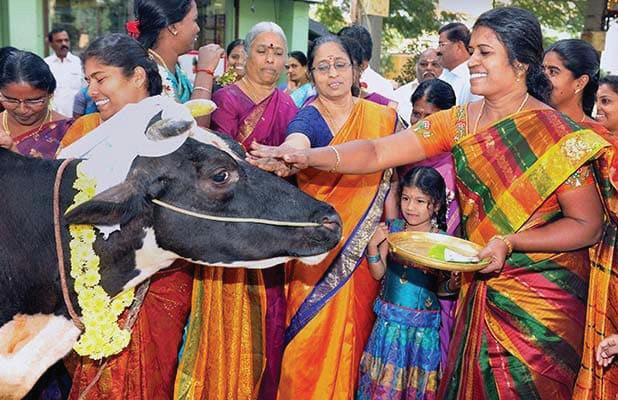
South India
Board of Education Director at Douglas County School District Kevin Leung receives McGuffey Award
According to the Colorado Association of School Boards (CASB), school board members are ordinary people who demonstrate extraordinary dedication to our public schools. The CASB McGuffey Award honors unique board members who bring committed and passionate service to their board work.
This year, Board of education Director at Douglas County School District and past recipient of the Asian American hero of Colorado Award Kevin Leung was honored
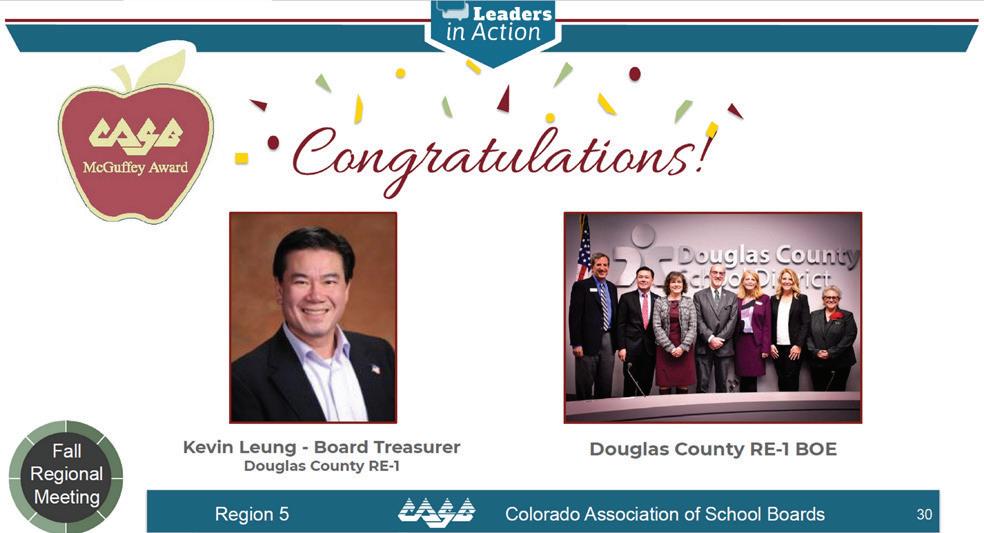
with the McGuffey Award.
“I am ecstatic to be one of three winners for this year’s McGuffey Award from Region 5 of Colorado Association of School Boards (CASB),” he said. “I am honored to serve with a great team of dedicated public-school advocates in the Douglas County School District Board of education.”
“Together, I hope we can continue to create great opportunities for our students and to provide better working environment for our staff and teachers.”
首Taipei Economic and Cultural Office in Denver hosts virtual celebration of Double Ten Day
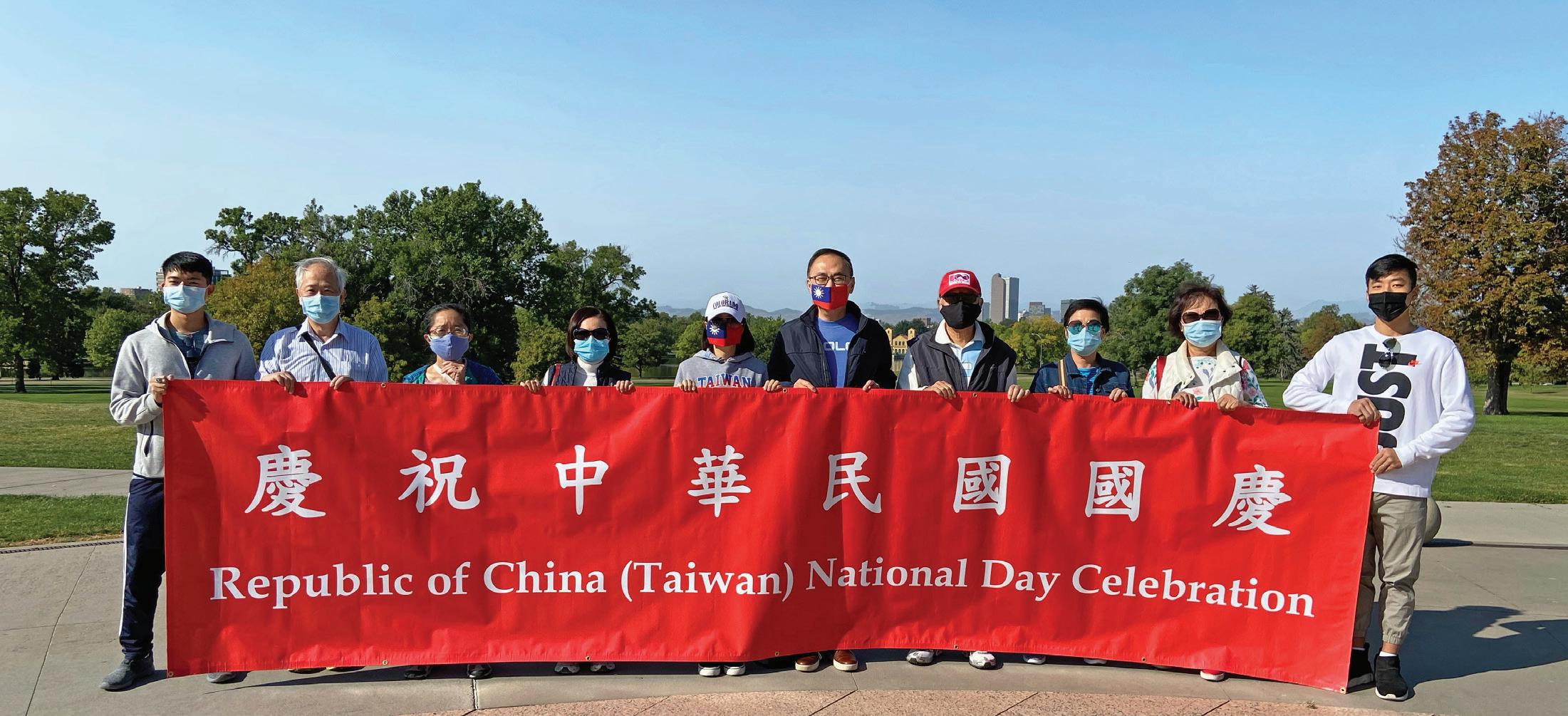
To celebrate Taiwan’s October 10 national Day 2020, of the coronavirus, and keeps providing assistance to Taipei economic and Cultural Office in Denver Director other countries around the world, including the u.S. FurGeneral Jerry Chang shared a warm message and toast in thermore, Taiwan has firmly defended the frontline of the an online celebration video, asking viewers to leave their democratic community against China’s expansion and greetings and comments. supported the people of hong Kong in pursuit of democ-
Double Ten Day commemorates the start of the Wuchang racy and freedom.” uprising in China on Oct. 10, 1911, which led to the end of “As we are getting the fatal coronavirus under control, the Qing Dynasty (1636–1912) and the establishment of my office will continue doing our very best to further the Republic of China (ROC) on January 1, 1912. strengthen bilateral exchanges and cooperation in every
Chang said: “2020 is a year no one would have ever field between the u.S. and Taiwan.” imagined. Thanks to the joint efforts of our people and See the full video on the Taipei economic and Cultural government, Taiwan has effectively contained the spread Office in Denver Facebook page: fb.com/tecodenver. “ I feel so honored to have donated almost a million masks and many other critical supplies to Colorado and five Midwest states on behalf of my government. We are conveying a clear message that Taiwan is together with our friends through the global pandemic.
Support Taiwan’s inclusion in the post-COVID-19 global public health network
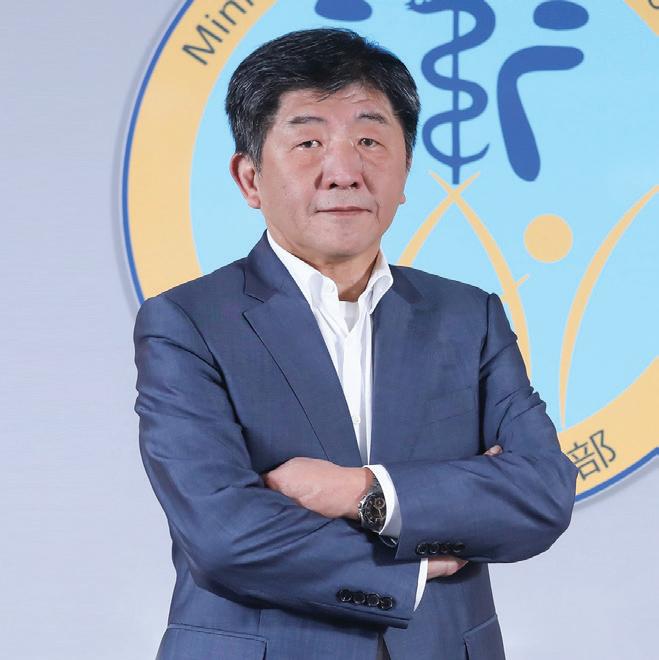
Dr. Chen Shih-chung Minister of Health and Welfare Republic of China (Taiwan)
Since the COVID-19 pandemic began, there have more than 40 million cases and more than one million deaths around the world. The virus has had an enormous impact on global politics, employment, economics, trade and financial systems, and significantly impacted the global efforts to achieve the united nations Sustainable Development Goals (un SDGs).
Thanks to the united efforts of its entire people, Taiwan has responded to the threats posed by this pandemic through four principles: prudent action, rapid response, advance deployment, and openness and transparency. Adopting such strategies as the operation of specialized command systems, the implementation of meticulous border control measures, the production and distribution of adequate supplies of medical resources, the employment of home quarantine and isolation measures and related care services, the application of IT systems, the publishing of transparent and open information, and the execution of precise screening and testing, we have been fortunate enough to contain the virus. As of Oct. 7, Taiwan had had just 523 confirmed cases and seven deaths; meanwhile, life and work have continued much as normal for the majority of people.
The global outbreak of COVID-19 has reminded the world that infectious diseases know no borders and do not discriminate along political, ethnic, religious, or cultural lines. nations should work together to address the threat of emerging diseases. For this reason, once Taiwan had stabilized its containment of the virus and ensured that people had sufficient access to medical resources, we began to share our experience and exchange information on containing COVID-19 with global public health professionals and scholars through COVID-19-related forums, APeC’s high-Level Meeting on health and the economy, the Global Cooperation Training Framework, and other virtual bilateral meetings. As of June 2020, Taiwan had held nearly 80 online conferences, sharing the Taiwan Model with experts from governments, hospitals, universities, and think tanks in 32 countries.
Taiwan’s donations of medical equipment and antipandemic supplies to countries in need also continue. By June, we had donated 51 million surgical masks, 1.16 million n95 masks, 600,000 isolation gowns, and 35,000 forehead thermometers to more than 80 countries.
To ensure access to vaccines, Taiwan has joined the COVID-19 Vaccines Global Access Facility (COVAX) co-led by GAVI, the Vaccine Alliance; the Coalition for epidemic Preparedness Innovations; and the World health Organization. And our government is actively assisting domestic manufacturers in hopes of accelerating the development and production of successful vaccines, bringing them to market as quickly as possible and putting an end to this pandemic.
To prepare for a possible next wave of the pandemic as well as the approaching flu season, Taiwan is maintaining its strategies of encouraging citizens to wear face masks and maintain social distancing, and strengthening border quarantine measures, community-based prevention, and medical preparedness. Furthermore, we are actively collaborating with domestic and international partners to obtain vaccines and develop optimal treatments and accurate diagnostic tools, jointly safeguarding global public health security.
The COVID-19 pandemic has proven that Taiwan is an integral part of the global public health network and that Taiwan Model can help other countries combat the pandemic. To recover better, WhO needs Taiwan. We urge WhO and related parties to acknowledge Taiwan’s longstanding contributions to global public health, disease prevention, and the human right to health, and to firmly support Taiwan’s inclusion in WhO. Taiwan’s comprehensive participation in WhO meetings, mechanisms, and activities would allow us to work with the rest of the world in realizing the fundamental human right to health as stipulated in the WhO Constitution and the vision of leaving no one behind enshrined in the un SDGs.
